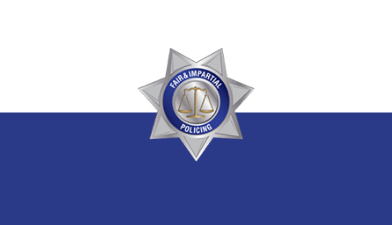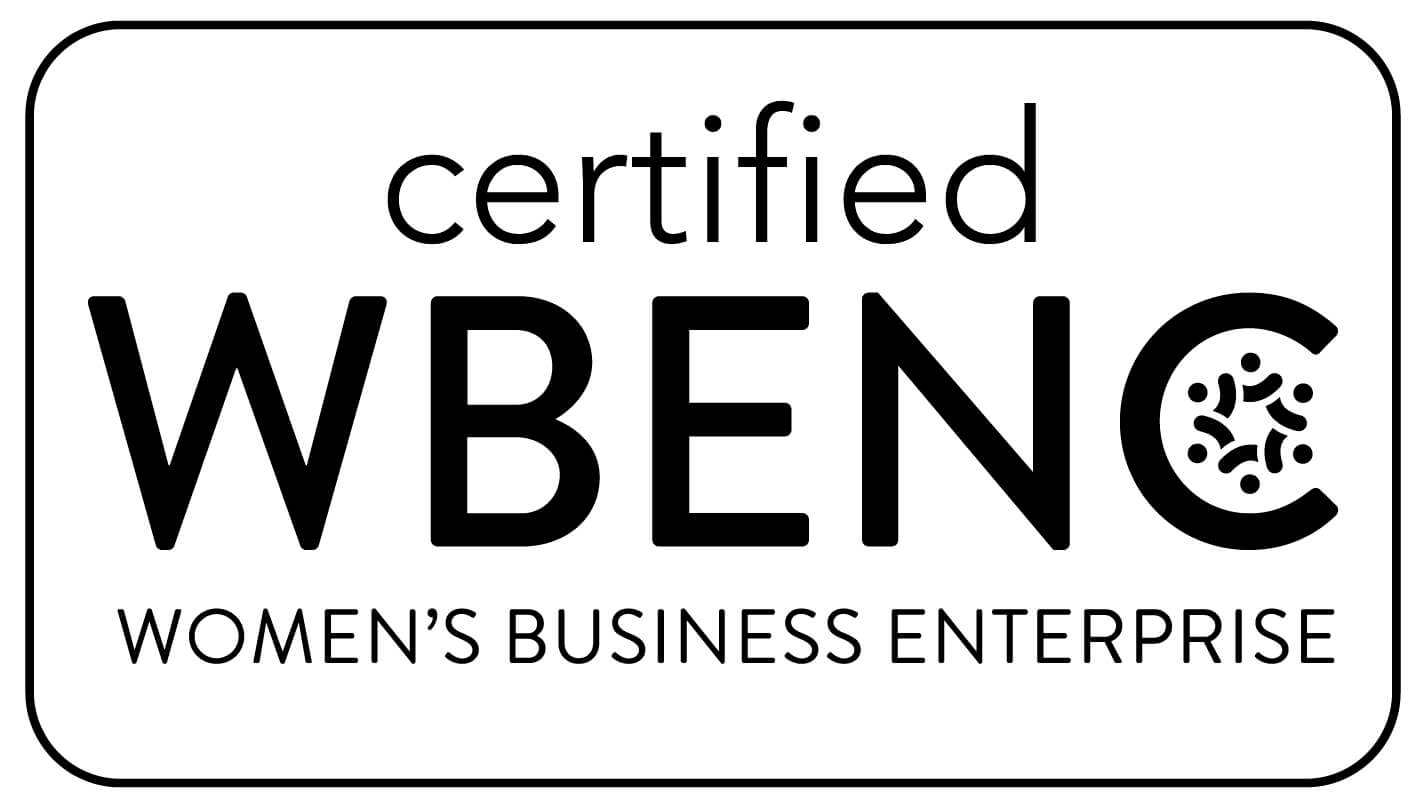Training Programs
Juvenile Justice Professionals
(8 hours, 30 attendees)
The Fair & Impartial Policing (FIP) training programs apply the modern science of bias to decision-making; it educates training participants on the impact of implicit bias on their perceptions and gives them the skills they need to reduce and manage their biases. This seminal, science-based training program is now customized specifically for juvenile justice professionals, including juvenile probation, juvenile detention, and administrative personnel.
The Fair and Impartial Juvenile Justice Training Program helps participants to:
- Understand that even well-intentioned people have biases;
- Understand how implicit biases impact on what we perceive/see and can (unless prevented) impact on what we do;
- Understand that fair & impartial decision-making leads to more accurate, effective and just outcomes; and,
- Use tools that help him/her (1) recognize his/her conscious and implicit biases, and (2) implement “controlled” (unbiased) behavioral responses.
In addition, the training addresses the critical role of supervisors and helps them to:
- Identify subordinate behavior that may be biased–including those well-meaning staff whose biased behavior may not be consciously produced;
- Intervene with staff members to thwart biased behavior and;
- Consider how bias might manifest in their own operational and managerial decision-making.
The training curriculum address, not just racial/ethnic bias, but biases based on other factors, such as gender, sexual orientation, religion, socio-economic status and examines types of biases and their implications for decision-making, including implicit associations, attentional bias, confirmation bias, and we/they bias.
Need more info? Check out our Criminal Justice Brochure.
Related Courses

(6 hours, 30 attendees) The Fair & Impartial Policing (FIP) training programs apply the modern science of bias to decision-making; it educates training participants on ...

